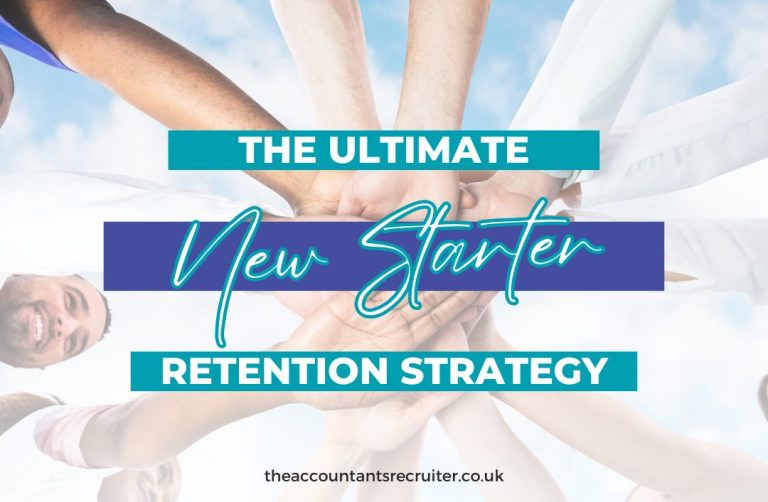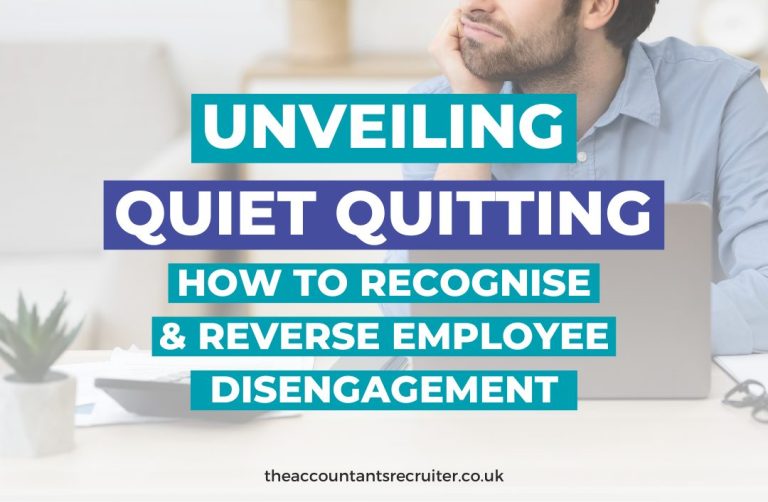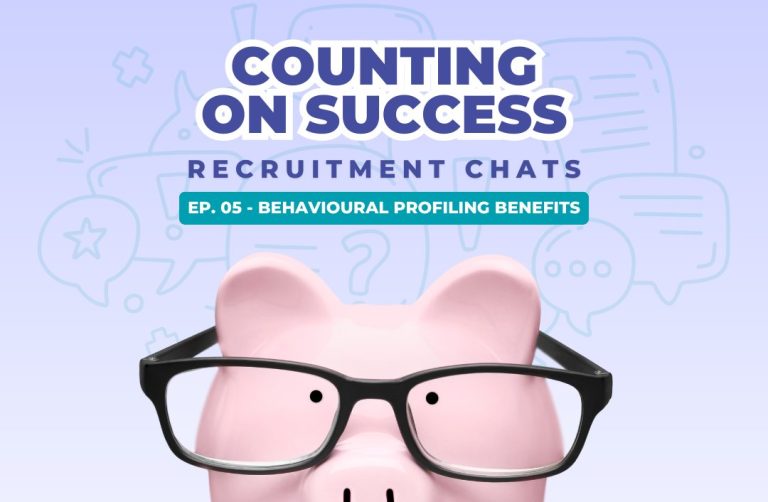How to actually make time to work on your career
When working in a high-pressure job like accounting, it’s easy to become overwhelmed by your work schedule. Most of your time and energy is spent on daily responsibilities and resolving any last-minute emergencies — leaving little room for anything else. (Like career development.)
However, left unchecked, this tunnel vision approach can quickly leave you in a career rut. But when you’re already so busy, how are you supposed to make time to work on your accounting career? Don’t worry! We've outlined some simple steps that you can follow to avoid the dreaded work slump.
Make more time for yourself in four actionable steps
Sometimes it feels like there aren’t enough hours in the day — especially for accountants. But in reality, the majority of us just don’t use our time wisely enough. If you want to make time to work on your accounting career, these are the steps to follow:
1. Plan what you want to achieve
Every success story starts with a plan — so it’s time to create yours. Start by writing down the skills you want to develop and the goals you want to achieve. Whether you aim to expand your social network or find a mentor, find a new job or enrol in an online course, outlining goals that interest and excite you will make you far more inclined to make time to work on your career.
Not only that, but writing down your thoughts and ideas is an amazing way to relieve stress. It’s easy to feel overwhelmed when thinking about the future of your career — so instead of spiralling, try and get the ball rolling by writing down some actionable steps. Nothing seems quite as intimidating when it’s slotted into a To-Do list.
2. Prioritise your goals
Now that you have a plan in place, it’s time to prioritise your career development tasks. Your goals, both big and small, should be ranked from most to least valuable. This doesn’t mean each task won’t contribute to the success of your career — but we recommend starting with the projects that offer you the biggest payoff for your efforts.
Failing to prioritise your professional development goals can cause stress, procrastination and (you’ve guessed it) a full-blown career rut. To avoid this, start prioritising your career goals. You won’t be sorry.
3. Schedule time into your daily routine
To make time to work on your career development, you have to adjust your daily routine. Now that your plan is ordered and ready to go, the next step is to set aside time in your daily schedule to start taking action. With as little as 10-20 minutes a day, you can begin investing in your career development. And over time, those hours will quickly add up!
If you’re still concerned about time management, then perhaps consider reviewing your current work and overall schedule. Which things cost the most time but add the least amount of value? Is there anything you could delegate? The key here is to work smarter, not harder. The more organised you are, the more productive you can be, freeing up plenty of time to work on your career.
4. Celebrate the wins (especially the small ones!)
If you consistently make time to work on your career, your hard work will (undoubtedly) be rewarded. Our advice here is to measure your efforts, acknowledge their success and celebrate those victories! For example, has time spent developing your online presence expanded your network and improved your credibility? Or have your academic efforts led to specialist job offers and opportunities?
Whatever you achieve, be it gaining more contacts or landing a brand new role, it’s important to celebrate any and all victories. Not only does it demonstrate that your hard work is paying off, but it will also motivate you to continue working on your professional development.
Break out of your career rut
If you want to make time to work on your career, you need to prioritise these three things: planning, organisation and action. The truth is we all have time — we just need to use it more efficiently. So, commit your ideas to a plan, incorporate them into your daily schedule and start reclaiming your career! There’s nothing you can’t achieve if you put your mind to it.
*This article was originally published on the How to Make Partner website.







